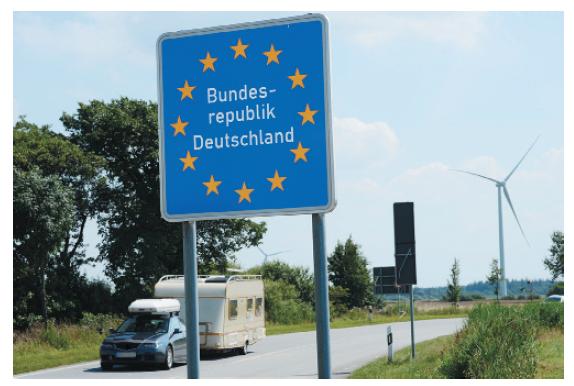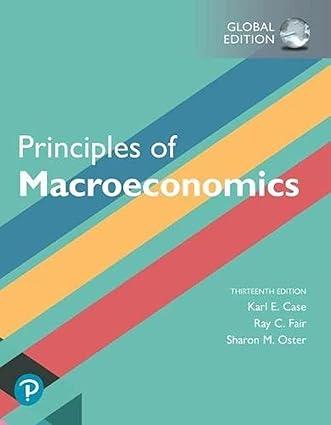How can one countrys political crisis impact anothers economy? Between 2015 and 2018, more than a million
Question:
How can one country’s political crisis impact another’s economy? Between 2015 and 2018, more than a million refugees sought asylum in Europe to escape the atrocities of war and turbulence in the Middle East and some African nations, an event now known as the European refugee crisis.
During this crisis, Germany accommodated the largest number of migrants, increasing its population by more than 1 percent. This was bound to cost Germany; the state budget incurred over €45 billion in additional social welfare and refugee integration expenditure. Apart from monetary costs, concerns around social polarization have also been one of the main topics of debate among Germany’s politicians.
Is this all there is too accommodating refugees? Germany consists of a rapidly aging native population and also has a low proportion of females in the labor force in comparison to other industrialized nations. A recent study by the World Education Services1 estimates that over 65 percent of asylum seekers during the period between 2015 and 2017 were male and almost 75 percent were below the age of 24. According to this study, if Germany invests in providing these refugees with education, vocational training, language instruction, and integration courses, it can expand on the skills and knowledge of 20 percent of the educated and skilled refugees. As costly as the acceptance of refugees may be, properly integrating them in the society might turn out to be a solution to some of Germany’s economic challenges.

Questions
What are the long-term gains and the short-term costs of investing in an influx of human capital?
Step by Step Answer:

Principles Of Macroeconomics
ISBN: 9781292303826
13th Global Edition
Authors: Karl E. Case,Ray C. Fair , Sharon E. Oster





